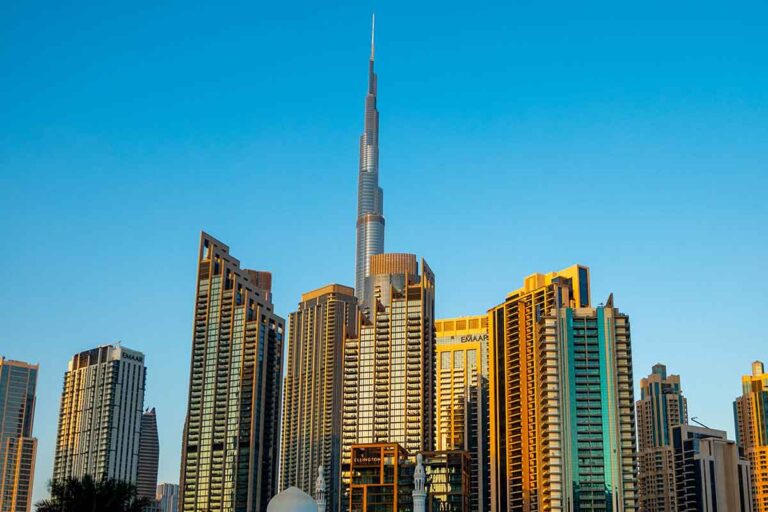Dubai, – Non-oil business activity in the UAE experienced its slowest growth in nearly three years during July, driven by inflation, intensified competition, and capacity issues. The latest survey data revealed a decline in the S&P Global UAE Purchasing Managers’ Index (PMI) to 53.7, down from 54.6 in June and the lowest level since September 2021.
The index, which tracks the performance of the non-oil sector, fell below its long-run average of 54.4 but remained above the neutral threshold of 50.0. This decline signals a downward trend in non-oil sector growth for 2024, with the PMI losing momentum in four of the last five months.
UAE Non-Oil Sector Experiences Slower Growth in July
David Owen, Senior Economist at S&P Global Market Intelligence, noted, “The drop in the UAE PMI is a clear indicator of the weakening non-oil sector growth. The index’s decline to 53.7 in July, alongside its reduced pace in recent months, suggests a challenging economic environment.”
Demand conditions remained favorable in July, with a sharp rise in sales, albeit at the slowest rate since April. Exports grew at their second strongest pace in nine months, though high competition led to a decline in new order volumes for some firms.
Business costs surged steeply in July, with input price inflation—encompassing material costs, wages, and overheads—rising at its fastest rate in two years. Job creation also slowed, hitting a six-month low.
Future optimism among non-oil companies waned, with expectations for the next 12 months falling to their weakest level since January.
Dubai PMI Trends
In Dubai, the PMI dropped to 52.9 in July, the lowest in two-and-a-half years, down from 54.3 in June. Output growth eased to its slowest pace since September 2021, leading to a reduction in job creation.
Despite these challenges, Dubai achieved a notable milestone by welcoming a record 9.31 million visitors in the first half of 2024, highlighting the city’s ongoing appeal as a global destination.


